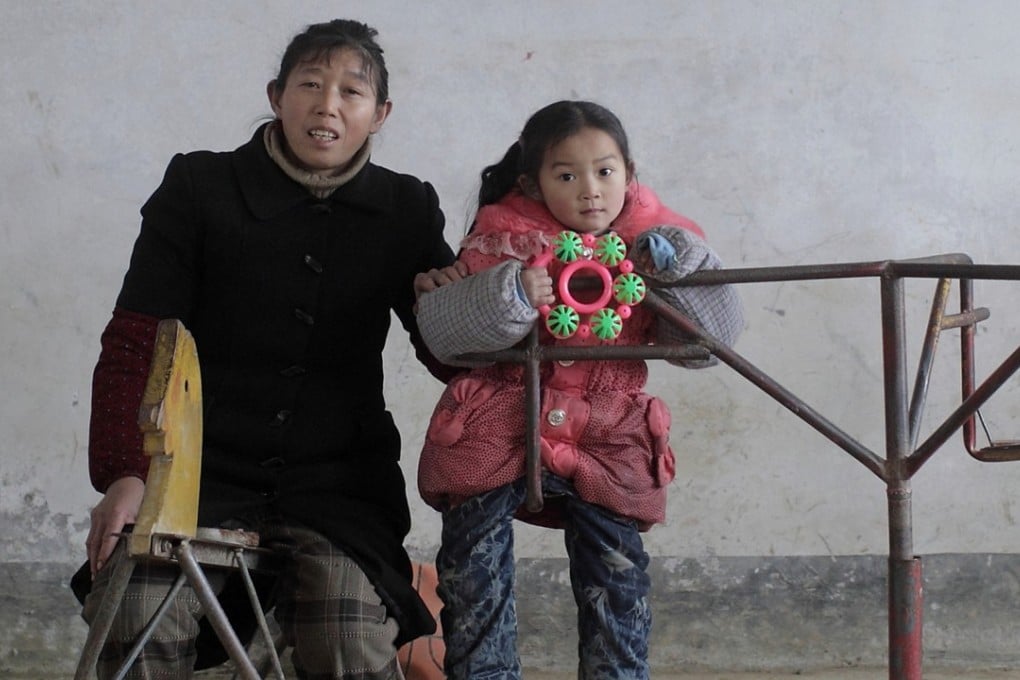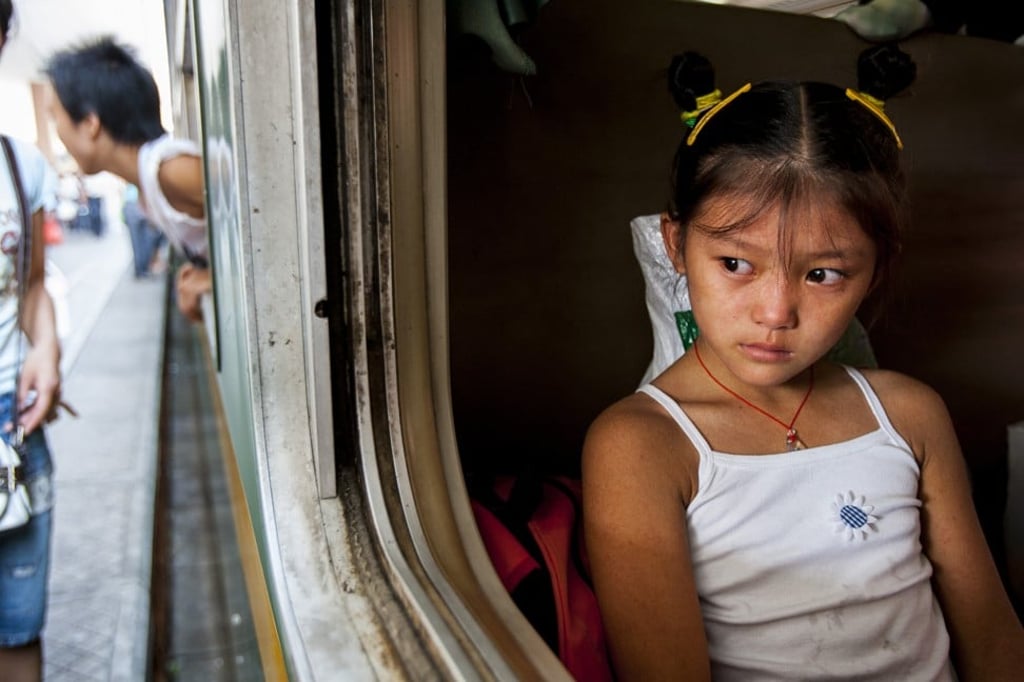Award-winning Chinese photographer Fu Yongjun changes course in effort to chronicle endangered villages before they vanish
Fu Yongjun is renowned for his long-term observations of a quickly changing rural landscape

From a tree beside the famous West Lake in eastern China to the daily lives of residents in a Beijing hutong, Fu Yongjun is known for his long-term observations of a fast changing society.
Now 49 and a photojournalist for 15 years, Fu – a winner of multiple photo awards domestically and internationally – wants to dedicate the next phase of life to the country’s vast rural areas.
Amid rapid urbanisation and President Xi Jinping’s initiative to alleviate poverty by 2020, many villages across China are disappearing, and Fu hopes to build an archive of images for 100 that remain.
He has photographed 20 of the villages over the years. And to make more time for the expanded pursuit, he quit his job as director of photography at the Hangzhou-based City Express to teach at a college in the city, which he believes will allow him to invite more people to participate in the project.
